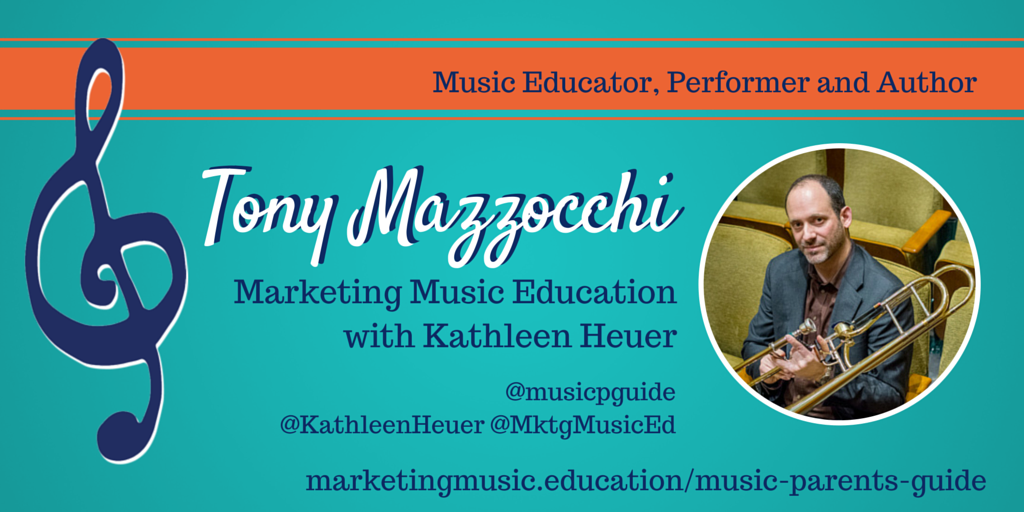 What if everyone believed that there was no such thing as natural talent and inborn gifts?
What if everyone believed that there was no such thing as natural talent and inborn gifts?
Our world is obsessed with discovering innate abilities. Our media — and subsequently our schools — have created a culture where most people believe that we all have fixed and inborn gifts, as opposed to skills that can be built and developed. But what if children were taught that all of the greats from Beethoven to Einstein to Tiger Woods were (and are) just like us — ordinary people who were not born great, but instead achieved greatness over time?
It’s more intriguing to buy into the myth of inborn gifts and beliefs that certain people are wired certain ways. This kind of talk is pervasive in our culture, and I believe it holds millions of children back from achieving greatness in their lives — especially once they enter school. With the rise of standardization and conformity through standards-based testing, it is harder for schools to spend time ensuring no child becomes stuck in their perceived rank of intelligence and creative potential.
Why do we believe in innate gifts? First off, it’s much easier to convince ourselves that we were not meant to be a great musician/golfer/actor because it’s not the way we were “designed”, as opposed to taking full responsibility for our actions (or lack thereof). This way of thinking eases guilt and makes us more comfortable while absolving us of unnecessarily high expectations. It’s easier to watch someone do something great — Tiger Woods at golf or Itzhak Perlman at violin — and label their greatness as an inborn gift instead of admitting that we are capable of doing things like that and have chosen not to for whatever reason. Think about how profoundly disappointing that would be to acknowledge, and how many people would lie awake at night feeling ashamed of what they could have been … if only they put their minds to it. It’s as if our brains have a self-defense mechanism to avoid these thoughts out of self-preservation, if nothing else.
Plenty of studies have been done to disprove the theory of inherited talents and innate gifts. Parents can impact their family’s “gene pool” and change their family tree if they so choose. What if school was taught with the guiding principle that every child is capable of developing intelligence and talent while breaking the bonds of their so-called inherited genes?
Instrumental music instruction in schools does just that.
There is no evidence that exists to prove that musical talent is inherent, but it is also true that everyone doesn’t always have the resources and tools to become great musicians. If music is offered in school curricula, however, all children will have a true opportunity to realize their talents — both musical and other.
Here are some behaviors that are not inherent –and can be learned — that music education can help cultivate:
The ability to delay gratification. Our culture of consumerism conditions us to immediately satisfy our urges. Great achievers, on the other hand, overcome these impulses. Students who are able to delay gratification have much higher academic success than their peers who are accustomed to instant gratification, and they are also able to better cope with social and personal problems. Delaying gratification is a skill, and make no mistake, it can be acquired. Great music teachers model self-control and persistence every day for their students in their role as musicians who are fellow pursuers and students of their craft. With every lesson and ensemble rehearsal, music teachers help kids practice at dealing with frustration and want, while praising them for small accomplishments along the way. They let students know that if they wait for what they want, things will be all right. The successful performances that students engage in prove this to be true.
The belief that greatness can be achieved. Through repetition and persistence, every child can reach their full potential in whatever they choose to pursue. Playing in a musical ensemble reinforces this belief every day a child engages in it during school. If a teacher consistently sends the message that talent is not exclusive to a privileged few, and parents echo it at home, children will leave school with an incredible amount of confidence. With high-stakes tests whittling away at children’s’ confidence and worrying parents, it’s more important than ever that these messages are delivered through music instruction during the school day. How amazing would you feel if your child finished their K-12 education believing in their own extraordinary potential?
How to embrace failure. All human development is a response to problems and failures. We fell before we walked. Kids need to continue to experience failure in school in a safe environment, not a high-stakes one centered around tests and test prep. Music fits the bill perfectly. Meanwhile, parents need to help their child embrace the challenge of learning an instrument and gain satisfaction from sticking to it through the difficult beginning stages. This “stick-to-itness” on behalf of families fosters a culture of excellence. The only unacceptable failure occurs when parents or their school system deny their children a music education.
Can all children become incredible musicians? Probably not, but that’s not the point. All children can use their music instruction to learn what it takes to be great at anything else. This is something that almost every other subject fails to adequately offer during the school day, especially when the goal is to score well on tests.
Have you always thought that talent doesn’t run in your family? When taught well, music instruction in school is the best way to instill the belief in children that perfectly ordinary people can grow up to do extraordinary things. If parents have faith that their child has enormous potential and commit to using any and every resource available to exploit that potential, they will dispel the myth of innate talent and begin to change their own family tree.








I am a violin teacher. While I agree with you that talent can be created, I also agree with Suzuki when he said that talent doesn’t exist but some children learn faster than others. After many years of experience, I can tell you that some children have more facility than others, mental and/or physical. Thus, while talent can be created or nurtured, I do not believe that everyone can become a great virtuoso with the right teaching, the right parenting and the right environment. There are too many other factors involved and it would be extremely dangerous for a child or his parents to think that great heights can be achieved by everyone. However, I am dedicated to the idea that every child can become a virtuoso human being and thus achieve the maximum of his potential. I completely agree with you that the playing and the study of music is an enormous facilitator in this – I have seen it so many times. The benefits of a music education are indeed countless and EVERYONE should have proficiency in a musical instrument. To deny this to students on the basis of how little inborn talent they may have is like saying that our children shouldn’t bother to read and write English unless they can become Shakespeare or learn mathematics or science unless they can become Einstein. We teachers must help each student achieve his own potential, no matter what that may be, so he can apply the lessons learned to other areas of his life. The proof of this is that so many great mathematicians, scientists, writers, politicians, CEO’s, to name a few, were and are also excellent musicians or at least had music in their background. Suzuki doesn’t talk about producing great instrumentalists but producing happy, well-adjusted, confident and competent human beings which is a direct result of a good music education. Our modern day educators think their mission is to prepare students for a job when they should be preparing them for life which, as you pointed out, is what music does for young people. Keep up the good work in promoting music education in the schools. There should be not 3 “R’S” but 4 – reading, writing, arithmetic and rhythm!
Eloise Hellyer recently posted…Where’s the Balance?
Thanks for this great comment, Eloise! You said it perfectly.